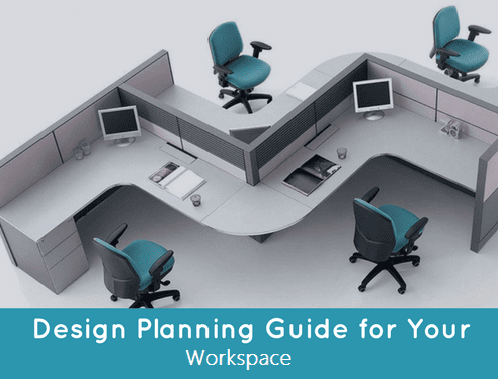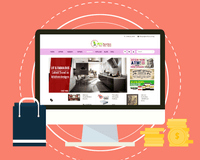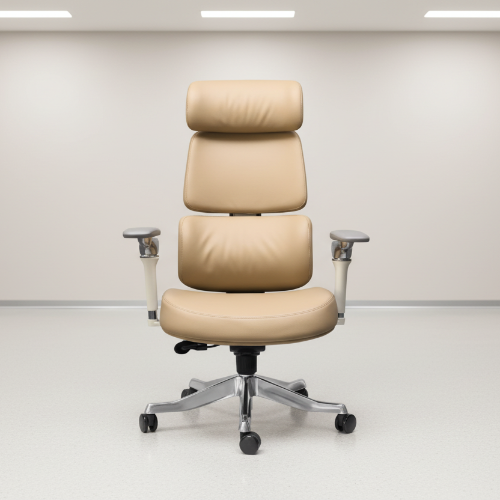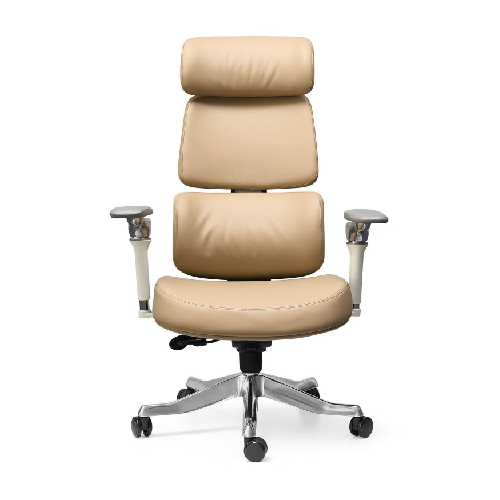This article is part of the HOGDigest editorial series. → Explore HOGDigest
Workspace planning and design projects are critical to the productivity of the workplace. Workstations are generally designed to meet the needs of employees or user to boost work efficiency, encourage teamwork.
Before designing a workspace certain questions must be asked before making any major interior design decisions. By following the best practices outlined, workplace productivity can increase. By choosing the right furniture, determining the best office layout, choosing the right color, and making your office more sustainable, you can create an office that will be flexible and effective for years to come.
Many factors come into consideration in planning a work station guide. A number of the most pertinent ones would be expounded on in this piece.
1. Purpose
Perhaps the biggest consideration in planning a work station guide is the question of what purpose the work station to serve. This can help determine the choice of furniture, lightings, equipment, and activities to take place in the work station. Therefore there are a number of considerations to weigh in designing a work station for a specific purpose.
- Standing or Sitting Purpose
Is the work station to serve a standing or sitting purpose or both in some cases? Where the station is to serve one or both of the purpose. Sitting or standing arrangement must be made for all intent and purposes. Example of these designs can be found in Hospital reception, Medical laboratory etc.
- Seating & Reach

When work station is for a seating purpose, items must be arranged in such a way that necessary items wouldn't be too far out of reach, to prevent the stress of having to navigate a distance in order to get any work done. Eg Hotel and Office Reception
- Standing and Posture
When work station is for a standing purpose, counter tops or work surfaces must not be placed in a way that would put an untold strain on back muscles and joint or affect good posture. Eg Carpentry Workshop.
2. Functionality
Office space planning is critical when making sure your new workspace is functional. Hence, it is advisable to determine which equipment you will need.
Evaluate which telephones, computers, desks, workstations, filing cabinetry, and more will be needed in the space. Make equipment easily accessible to all employees.
For instance, designs should have desks close to electrical outlets and filing cabinets in shared areas.
Designing the office around the needs of employees will prove successful in making the space functional.
3. Lighting and Space
A good work station guide must leave space for lights and navigation. The goal of every work station guide is to allow for completion of task safely without any risk or hazard to health.
Experts encourage business owners to follow the 3-foot rule: which basically means providing 3 feet between sitting and walking areas, walkways should be a minimum of 3 feet wide and provide at least 3 feet of space between workers at conference room tables. If business owners abide by these rules, they can see an increase in productivity by giving employees the space they need.
4. Ventilation and Flooring
Suffocating in a work station is not part of the guide's goal. A consistent stream of air flow through a viable source must be planned in. The flooring of the work station is just as important, the flooring needs are practical as they are aesthetic. They must not be slippery or accident prone and easy to maintain.
The above considerations in planning a work space guide differ from work stations to stations and purposes but working with the basics that cuts across all work stations is a good way to go, in achieving remarkable results.
In conclusion, by designing your office in line with your organizational culture and goals, you can create a cohesive office space that will increase workplace productivity.
On HOG Furniture, we have what you need to fully design a functional work space for your employees
Shop today!

Adeyemi Adebimpe
A guest contributor on HOG Furniture Blog is a law student at Obafemi Awolowo University (OAU).
Loves to write, read, travel, paint and talk.
A fan of the outdoor and adventure. Her everyday fantasy is to see the whole world.


































